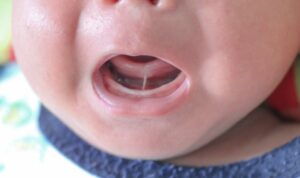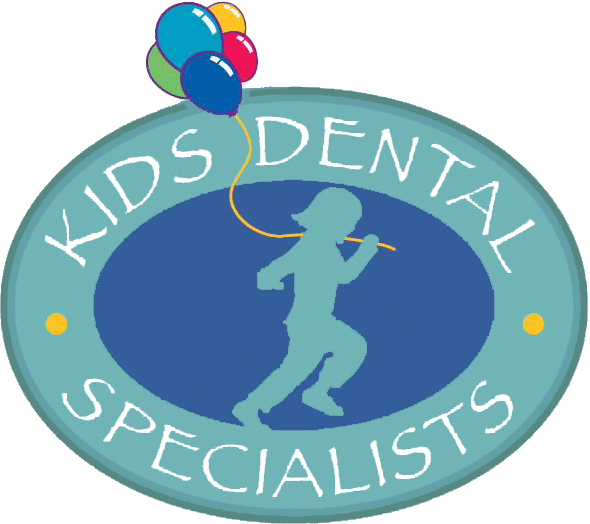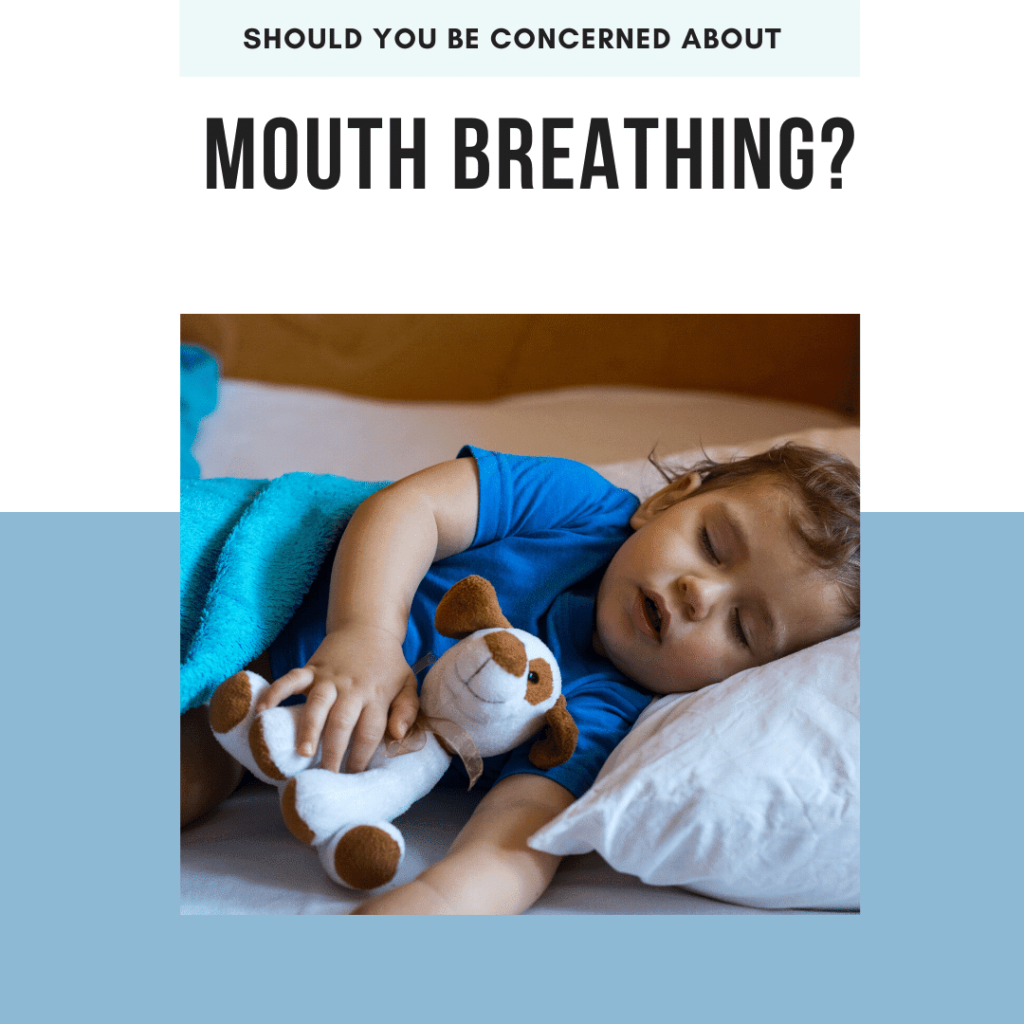There are very few things more adorable than watching your child sleep. In fact, some parents would argue that there is nothing more adorable than a sleeping child. However, if you notice your child is frequently breathing through their mouth while sleeping, this can be cause for concern. Mouth breathing is one method of breathing that is generally used to obtain more oxygen when exercising or when the nasal passages are congested.
However, chronic cases of mouth breathing may not be noticeable to parents. Therefore, it is important to understand and recognize possible symptoms of mouth breathing in children. Some of these can include:
- Snoring
- Dry, cracked lips
- Complaints about dry mouth or frequent thirst
- Irritability
- Slower than normal growth rate
- Daytime sleepiness
- Large tonsils
- Problems concentrating at school
- Increased crying episodes at night

While occasional occurrences of mouth breathing can be considered normal depending on the situation, frequent cases of mouth breathing can be indicative of an underlying cause. Your child may be breathing through their mouth as a result of structural problems with their airway, finger sucking, or a restricted lingual frenum (tongue tie). Regardless of the cause, here are some reasons why you should be concerned about mouth breathing in children:
Increased Risk for Tooth Decay and Gum Disease
Chronic mouth breathing dries out the mouth and decreases the amount of saliva present in the mouth. This is harmful because saliva is responsible for regulating acid concentration in the mouth as a natural defense against harmful bacteria. Without adequate saliva, acidity in the mouth increases. This makes it easier for bacteria to erode the enamel and lead to the eventual development of cavities. Additionally, increased bacterial populations can also lead to gum disease.
Uneven Facial Growth
When a child frequently breathes through their mouth, this can cause their upper jaw to grow more than their lower jaw. This can eventually lead to a severe overbite, which is when their upper teeth protrude out further than their lower teeth. Additionally, mouth breathing can lead to flatter facial features, a longer face, droopier eyes, less prominent cheekbones, and a narrow palate (roof of the mouth).
Can Cause Gummy Smiles

Overall, mouth breathing in children poses a significant threat to their oral health by increasing the risk of dental problems, distorting facial growth, and leading to gummy smiles. The best way to proceed if your child breathes through their mouth is to schedule a consultation with their pediatric dentist or pediatrician to determine and treat the cause. This will eventually allow for regular breathing patterns through the nasal passages.

Dr. Leyster is a board-certified pediatric dental specialist. He is recognized as a Diplomate of the American Board of Pediatric Dentistry. He has served as faculty as an Assistant Professor at the University of Southern California School of Dentistry in the Division of Public Health and Pediatric Dentistry. Dr. Leyster belongs to the American Academy of Pediatric Dentistry, American Board of Pediatric Dentistry, California Society of Pediatric Dentistry, California Dental Association, Pacific Northwest Dental Association, and the American Dental Association.






